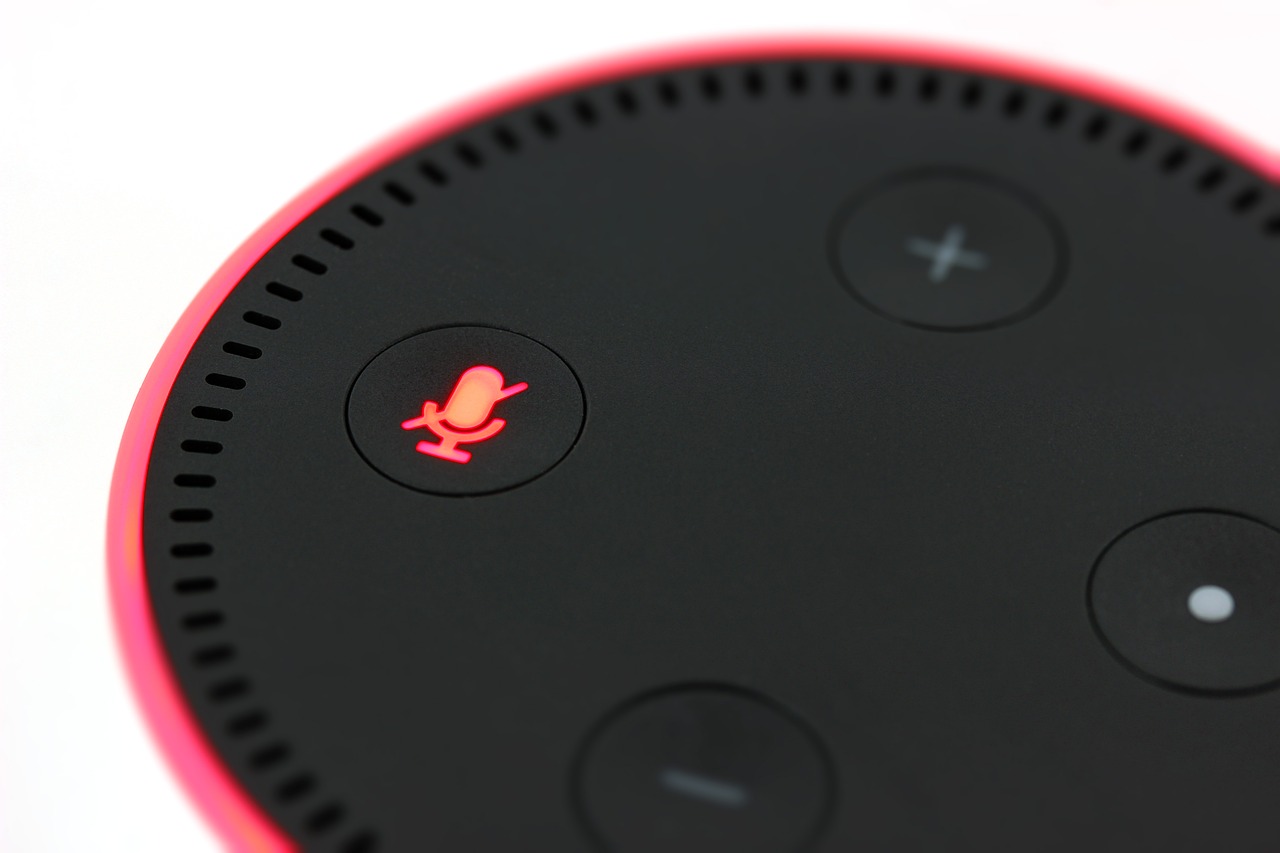
Digital voice assistants are taking off. From Amazon’s Alexa to the Google Home, it seems like it won’t be long before a digital voice assistant is going to be a crucial piece in everyone’s home and office. Marketing with voice technology is not far behind. According to a study from Pew Research Center, 46% of US adults say they use some type of voice technology to interact with devices, and that percentage is only going to grow.
With more people integrating digital assistants into their everyday lives, marketers can now leverage the technology in voice app development to raise brand awareness and create new, personalized experiences.
Users can add what Amazon calls “skills” to Alexa, which are like apps for a smartphone. Those who use Amazon’s Alexa have a wide range of skills from which they can choose. These skills can open up a world of possibilities for what the voice-activated assistant can do.
Businesses are also able to develop Amazon Alexa skills that connect the convenient voice-activated experience with their brand. Here are a few brands who’ve successfully integrated Alexa skills and voice technology into their branding.
Time Out
Time Out is a city guide service that publishes magazines and guidebooks that cover events and attractions all around the world. They already have a website and an app, but Time Out recognized the potential that voice technology has to provide users with a more convenient experience while also expanding the reach of their brand.
With the Alexa skill from Time Out, users can find various things to do in different cities by merely asking. The skill offers a daily briefing that gives the user the top three things to do in the city that day. Alternatively, the user could ask for a flash briefing that will provide suggestions at any given moment.
Johnny Walker
By developing an Alexa skill, the whiskey brand Johnny Walker found a unique way to create a personalized experience for consumers. While one of their skill’s main goals is to teach users more about whiskey, it also acts as a way to establish a stronger connection with the brand.
A key feature of the Johnny Walker skill is that it helps users find the right whiskey for their tastes. Alexa will ask the user a series of questions about their preferences. Then the tool will recommend the Johnny Walker product that’s best suited for the individual. In addition to that, it has a guided tasting feature and offers whiskey trivia for those that are interested.
Tide
For the detergent brand Tide, the idea to create an Alexa skill that helps people remove stains from laundry seems like an obvious choice. The voice interface makes it easy for users to get information on stain removal when their hands are a little full (and messy). The Tide Alexa skill operates very simply. Once the device is outfitted with the skill, users can ask for directions to remove any number of common stains. Alexa then provides helpful step-by-step instructions. Tide’s skill delivers useful information to the consumer, and it promotes the brand in a very user-friendly format.
The days of typing and clicking as a primary mode for your customers to discover your brand are numbered. Hands-free voice technology’s convenience gives it a unique edge that makes it a front-runner for the future. Plus, voice technology continues to improve with its accuracy and abilities with each passing year.
No matter what product or service your brand promotes, developing an Amazon Alexa skill can be a great way to reach customers and give them a more personal experience. Voice technology is the future and your brand has an excellent opportunity to get in on the ground floor.